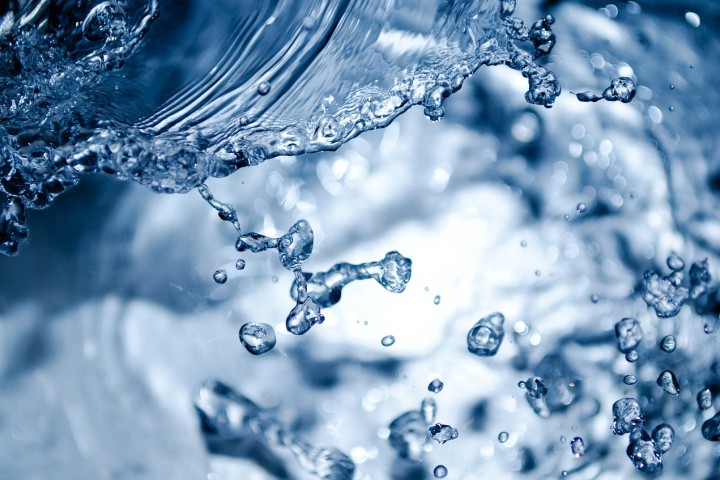Ten Ways to Keep Our Water Clean Globally

Nowhere is the relationship between healthy ecosystems and healthy people more apparent than in the global water system. Clean water is the single most important building block of ecosystems around the world, says the Centers for Disease Control and Prevention. It’s also our most valuable resource, the EPA asserts. However, contamination of the world’s waters leaves 2.5 billion people without access to sanitized water sources. Because global water conditions are declining, more people will soon have to rely on polluted water sources unless we make a concerted effort to clean our water supply.
Recycle Used Items
Recycling items -- and properly disposing of items that cannot be recycled -- keeps them from making their way to rivers and oceans. Even cigarette butts have a dramatic environmental effect when people drop them on the ground at a beach or riverside area.
Minimize Chemical Use
Eliminating or minimizing your use of harsh chemicals provides the surest way to protect global waters from chemicals. When chemicals leach into a body of water, they can devastate ecosystems. Nitrogen and phosphorus, commonly used in fertilizers, lead to a surge in algae growth when they enter a water body, killing off existing aquatic life, for example.
Dispose of Hazardous Materials Correctly
Proper disposal of hazardous materials such as paints, motor oil and pharmaceuticals keeps them out of the water supply. Inquire with your municipal center about chemical pickup or drop-off locations in your area.
Reduce Water Use
Lower your water usage to keep water supplies cleaner by reducing chemicals used in treatment. Additionally, it keeps water available in aquifers for the times when people really need it, ensuring that more water won’t be drained from the ecosystem. In contrast, irresponsible water usage can lead to droughts.
Keep Runoff Minimal
Water that runs down streets after rainfall, or after you wash your car with a hose, carries toxins from streets and yards that eventually may reach waterways. Sweep rather than hose down your driveway if you need to get rid of debris. When washing your car, use a bucket instead of a hose. Having porous outdoor surfaces like gravel, as well as gardens, also minimizes runoff.
Reuse Water
Design a home rainwater capture system and gray-water reuse system to help maximize your home water use. A basic rainwater system channels water from gutters into a collection barrel. A gray-water system designed and installed by professionals recirculates water through your home in non-contaminating ways. For example, water used for showers or washing dishes would always be fresh and clean, but after it has been used, it may be channeled to the toilet and flushed away.
Participate in Clean-up Efforts
Take part in local clean-up days to help keep trash out of the water. Clean up litter along a river, stream or beach, or along city streets or highways. If you have children, use this opportunity to teach them how litter thrown into the street can eventually reach the ocean. Better yet, organize a clean-up day for a school or church group so everyone can work and learn together.
Keep Wetlands Intact
If your property sits on a wetland ecosystem, ensure that the wetlands remain intact. Wetlands act as a natural filter that keeps chemicals, excess nutrients and sediment from continuing through the water system, according to the Ecological Society of America. Forests along waterways also act as filters, so preserving or planting trees along streams and rivers can also help to keep waterways clean.
Advocate for Clean Water
Once you’ve taken individual responsibility for cleaning the water supply, advocate for clean water policy or participate in a clean water outreach program. Use your knowledge to teach others how to keep the water clean through a community education program, for instance. Speak at PTA, chamber of commerce or city hall meetings about taking responsibility for keeping waters clean. Write to your representatives to urge them to take action for clean water as well.
Participate in Community Development
Get involved with local initiatives to plan responsible water use systems and ensure that healthy waters become a component of any development initiative. Attend city council and town hall meetings regularly to contribute your input, or even run for a position on the city council or your county board of supervisors. Even if you’re not an expert on water use, you can put the issue on the agenda, bring in expert consultants and educate yourself and the public. By exercising a direct impact on local planning, you’ll also be protecting waters at the global level.
Source:homeguides.sfgate.com
Wastewater treatment. Wastewater treatment consists of removing pollutants from wastewater through a physical, chemical or biological process.
